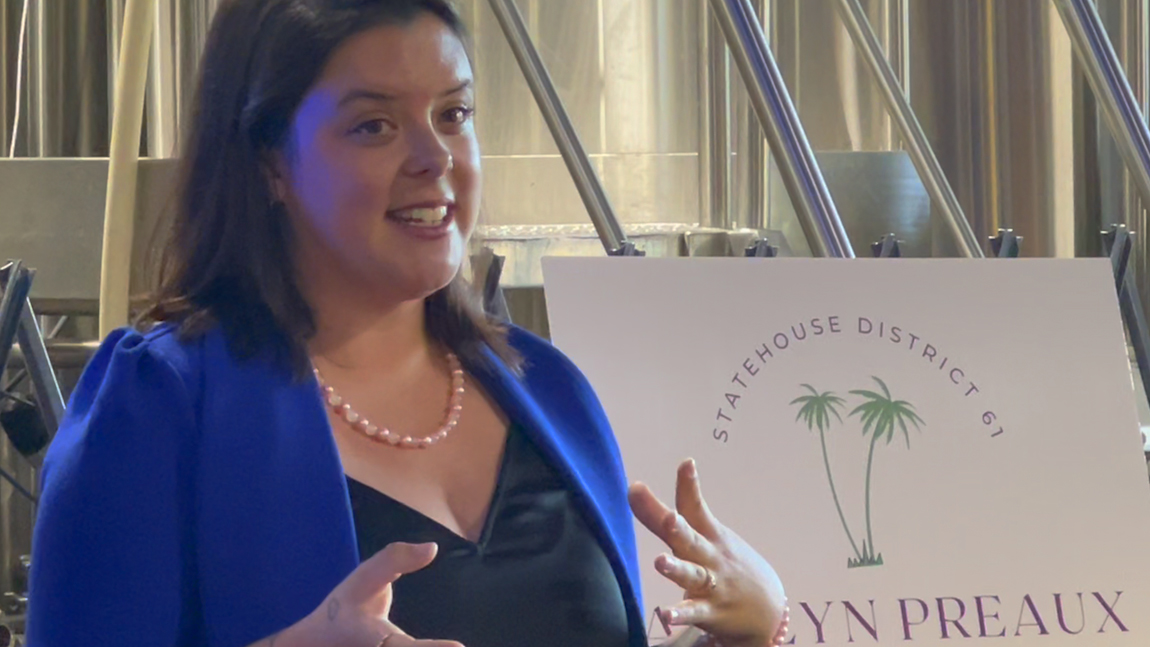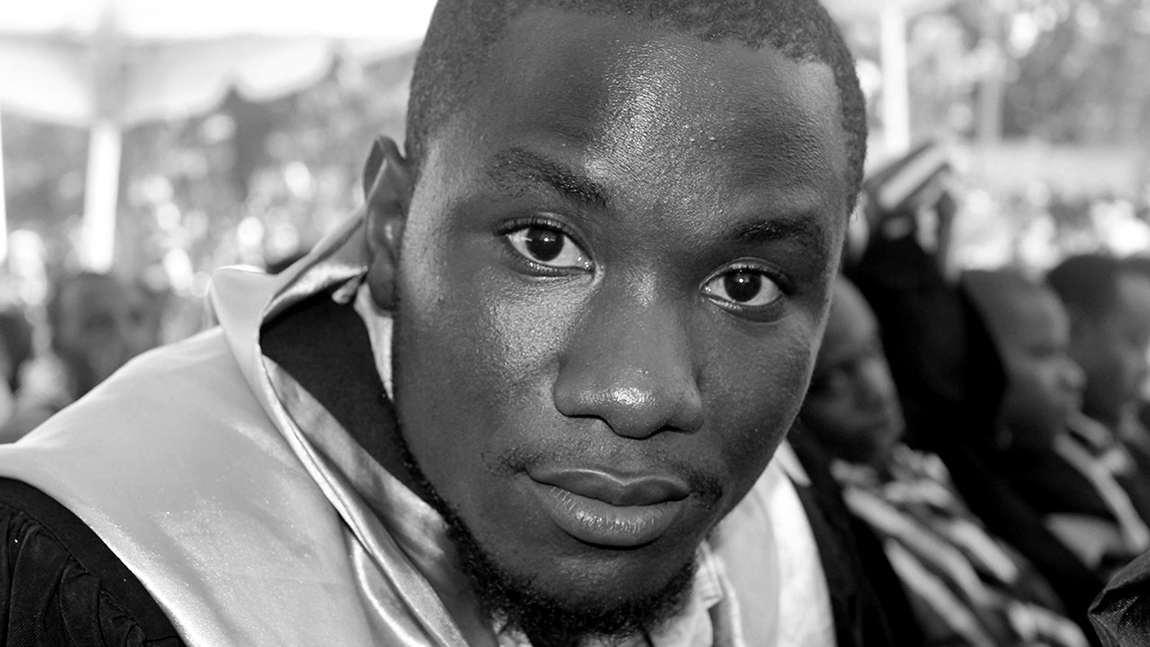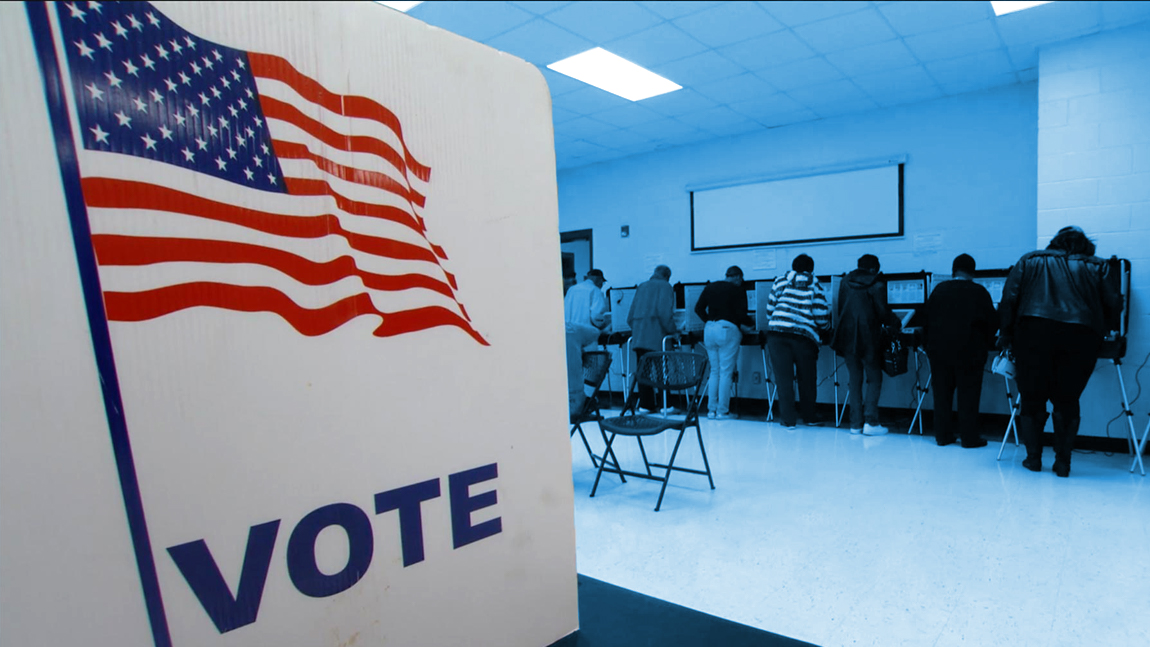Photo: Ashlyn Preaux, Democratic candidate for SC House District 61, is fighting to preserve women’s freedom to control their own bodies as she campaigns for election in November.
Abortion laws are now being repealed by state legislatures in “trigger bans” following the overturn of Roe. South Carolina’s legislature has enacted the trigger ban, and currently abortion is illegal after six weeks.
The “Fetal Heartbeat Act”, misnamed and touted by anti-abortion activists and signed by South Carolina Gov. Henry McMaster, contends that embryonic cardiac activity can be detected by ultrasound at approximately six weeks. Medical experts dispel this myth, stating that an embryo does not have a developed heart at six weeks, which does not occur until 17-20 weeks when all four chambers of the heart have developed.
McMaster is now pushing for a total ban on abortion with no exceptions for rape or incest, save preventing the death of the mother. The majority of South Carolina Democrats are pushing back on such a ban so women will continue to have reproductive choice, and as horrific recent events in Ohio have shown, to aide in cases where an impregnated child may continue what remains of her childhood by terminating a rape pregnancy.
Within Democratic ranks there are outliers, a small margin that professes to be pro-life. This margin impacted the recent South Carolina house ad hoc committee vote on the abortion bill. The committee of eight Republicans and four Democrats recommended the bill by a 9-3 vote, with one Democrat voting with the Republicans.
Fighting Back
Democratic candidate for the SC House, Ashlyn Preaux is the co-founder of the Palmetto State Abortion Fund (PSAF). She asks Republicans this simple question:
“If you believe in small government, or little government involvement, then why does the government get to be involved in my uterus and my reproductive system?”
Preaux helped start PSAF to assist anyone seeking abortion care regardless of circumstance. She was compelled to run for office despite stating several months prior that she never would. The state legislature is the final arena to fight to protect our rights, she explains. Thus, her platform asserts that abortion is a personal decision, a medical decision, and the government has no place being involved in these decisions.
With the trigger ban in place, South Carolina women seeking health care abortions are traveling to neighboring North Carolina where out of state abortions are under protected by an executive order from Democratic Gov. Roy Cooper. Traveling to North Carolina for abortion care is an added burden on the patient, who already is traumatized. With only three abortion clinics in the entire state of South Carolina, accessing abortion is already a struggle.
Unintended Consequences
Meanwhile, the draconian South Carolina abortion laws may have an unintended negative impact to the economy and fiscal health of the state. Democrat Anna Bowers is leaving SC for North Carolina – permanently. She has sold her house in the Myrtle Beach area as a direct result of South Carolina’s abortion restrictions and plans to help those needing a place to stay in NC while seeking abortion services.
“Why, when over 75 percent of the U.S. population agrees in a woman’s right to choose, are we having to battle for a freedom that was granted to us nearly 50 years ago?” she asks. “Why, when a man can potentially impregnate hundreds of women in a single year, yet a woman can only carry one child, is it women’s bodies we are seeking to regulate? Why are my daughters and granddaughters now forced to fight a battle that my mother and grandmother have already fought and won?”
“South Carolina is already viewed by many as one of the most backwards thinking states in the nation,” Bowers adds. “We rank near the bottom in education. We rank near the bottom in wages. We rank near the bottom in healthcare. Now we want to rank even lower? Do we really want to move even lower on the ladder?”
She cautions that in addition to leaving the state, many vacationers will look elsewhere than Myrtle Beach to spend their money, and many families considering South Carolina colleges for their daughters (and sons) also will look elsewhere.
The abortion restrictions are also likely to worsen poverty in the state because women who are unable to obtain a safe and legal abortion and who are already struggling financially often fall deeper into poverty. The landmark Turnaway Study conducted over the course of 10 years noted that women who were denied an abortion were four times as likely to live in poverty for years because of the unplanned or unwanted pregnancy.
Resources
Planned Parenthood South Atlantic, headquartered in Raleigh, NC, appeared in state court in July to lobby against the trigger ban, but the court refused to block it. However, abortion health services remain available in Columbia Planned Parenthood and Charleston Planned Parenthood locations.
For additional information and updates on abortion rights in South Carolina, the following resources are recommended: Palmetto State Abortion Fund, Planned Parenthood South Atlantic, and Women’s Rights & Empowerment Network for all legislative updates.
House bills to watch are H 5399, which is slated for debate by the House Judiciary Committee the week of August 15th, and S 1373.






